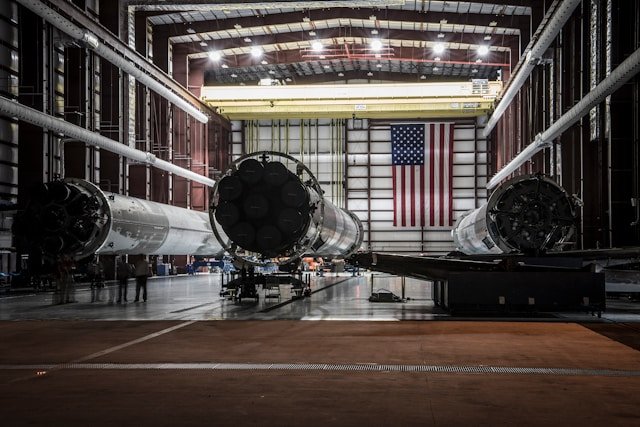Educational Requirements for Careers in the Space Industry
- Core Educational Paths
- Specialized Education and Skills
- Gaining Practical Experience
The space industry is an exciting and rapidly evolving field that offers numerous career opportunities for those interested in space exploration, research, and technology. However, entering this industry requires a strong educational foundation. This article will explore the educational requirements for various careers in the space industry, highlighting the degrees and skills needed to succeed.
Core Educational Paths
1. Aerospace Engineering
Aerospace engineering is one of the primary educational paths for those interested in designing and building spacecraft and related systems. Typically, a bachelor's degree in aerospace engineering is the minimum requirement. Advanced positions may require a master's degree or PhD, particularly in specialized areas such as propulsion systems or structural analysis.
2. Astrophysics and Space Science
For careers in space research, such as astrophysics or planetary science, a strong background in physics and mathematics is essential. A bachelor's degree in physics or astronomy is the starting point, but most research positions require a PhD. Graduate programs often focus on specialized areas like cosmology, stellar dynamics, or planetary geology.
3. Computer Science and Software Engineering
Many roles in the space industry, particularly those related to satellite operations, data analysis, and mission control, require expertise in computer science and software engineering. A bachelor's degree in computer science, software engineering, or a related field is typically required. Proficiency in programming languages such as Python, C++, and Java, as well as knowledge of algorithms and data structures, is essential.
Specialized Education and Skills
1. Electrical and Mechanical Engineering
Electrical and mechanical engineers are crucial for the development and maintenance of spacecraft systems. A bachelor's degree in electrical or mechanical engineering is necessary, with coursework in areas such as circuit design, control systems, and thermodynamics. Hands-on experience through internships or laboratory work is highly beneficial.
2. Space Policy and Law
For those interested in the regulatory and legal aspects of space activities, degrees in law or public policy with a focus on space policy are essential. This may involve studying international space law, satellite regulations, and issues related to space debris and resource utilization.
3. Life Sciences
Careers in space medicine and biology require degrees in life sciences, such as biology, biochemistry, or medicine. Researchers in these fields study the effects of space travel on the human body, develop life support systems, and work on astrobiology projects. Advanced degrees and specialized training in aerospace medicine are often required.
Gaining Practical Experience
1. Internships and Co-op Programs
Practical experience is crucial for a successful career in the space industry. Many universities offer internships and co-op programs in collaboration with space agencies like NASA or private companies like SpaceX. These opportunities provide hands-on experience and valuable industry connections.
2. Research Projects and Competitions
Participating in research projects and competitions, such as the NASA Space Grant program or the International Space Apps Challenge, can enhance your resume and provide practical experience. These activities demonstrate your commitment and ability to apply theoretical knowledge to real-world problems.
Conclusion
A career in the space industry requires a strong educational foundation in fields such as aerospace engineering, astrophysics, computer science, and more. Advanced degrees and specialized training can open doors to higher-level positions and specialized areas. Additionally, gaining practical experience through internships, research projects, and competitions is crucial for standing out in this competitive field. By pursuing the appropriate educational paths and acquiring relevant skills, aspiring space professionals can embark on a rewarding and exciting career in the space industry.









